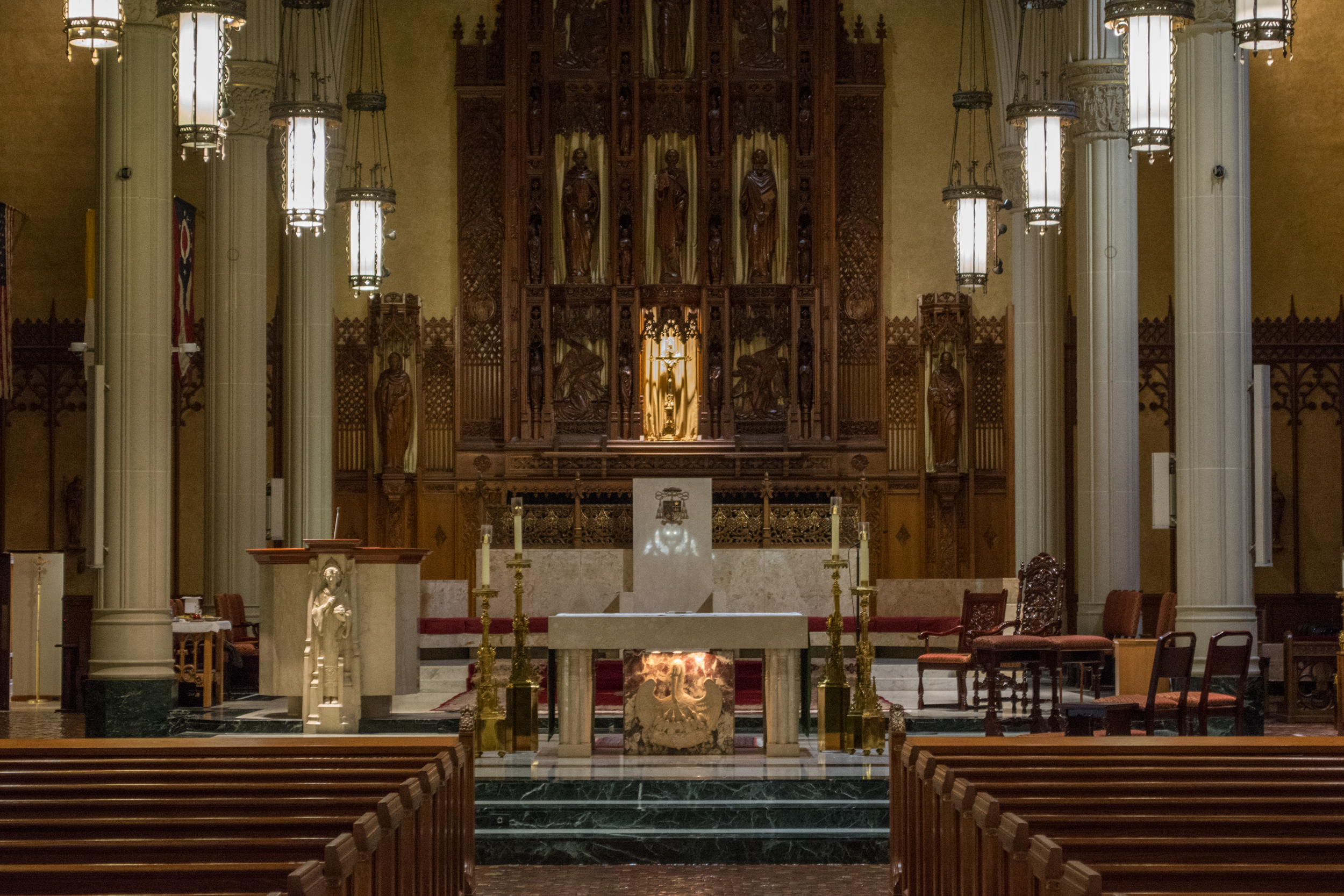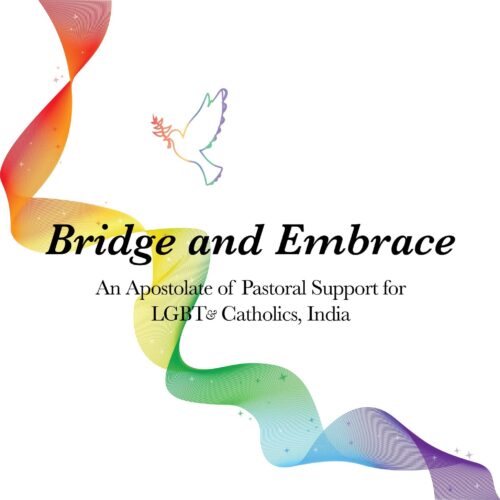A recent policy from the Diocese of Cleveland instructs school officials to notify students’ parents if the institution is aware of minors “experiencing gender dysphoria or gender confusion,” a controversial decision that experts say could endanger trans youth. The directive, which appears to be the first of its kind among other U.S. diocesan policies addressing gender identity in schools, requires the schools to inform students’ parents “with reasonable promptness.”
The diocese argues that parents should be notified because they “have a right to know about the challenges and struggles” of their child. But Dr. James Brush, a clinical psychologist for children and adolescents, expressed concern that the policy could lead transgender youths to lose protection and support in the home. “The policy requiring that staff report to parents if they have knowledge a child considers themselves transgender or gender nonconforming is problematic,” he wrote in an email to Outreach.
In a 2014 law essay, Evan Ettinghoff, a Jesuit-educated employment attorney, writes that disclosing a student’s gender identity without their consent violates their privacy—and may spark more serious consequences. “Forced disclosure policies are especially harmful to trans and gender nonconforming youth, who more often face rejection and abuse at home,” he wrote in an email to Outreach.
“Forced disclosure policies are especially harmful to trans and gender nonconforming youth, who more often face rejection and abuse at home.”
In the case of students for whom parental notification could place them at risk of physical abuse, the Cleveland guidelines direct school officials to contact the Diocese Legal Office and the bishop’s “designated moral theologian.” The directive states, however, that it is not abuse for a parent to refuse to acknowledge their child’s gender identity.
Implemented in September, the Cleveland policy follows the release of more than 40 diocesan directives addressing LGBTQ students within the last few years. (Outreach has published numerous articles on these guidelines.) In a Frequently Asked Questions document sent to 107 diocesan schools, the diocese writes that its policy should help “uphold Catholic teaching and set clear expectations” for their schools and parishes.
Bishop Edward C. Malesic of Cleveland noted a climate of polarization and tension in the church, describing the struggle between fidelity to church teachings and a respect for human dignity. Referencing “God-given biological sex” 16 times, the school policy emphasizes that every person in a Catholic community is “called to act and speak in ways that are consistent with and affirming of this divinely revealed truth.” The policy addresses nine subjects, including the use of preferred pronouns and names, dress codes and bathrooms.
(Outreach contacted the Diocese of Cleveland for comment but received no response by press time.)
Students’ legal names must be used, but the policy allows for the use of nicknames only if the students’ parents agree.
The rigor of the policy also extends to language that is more detailed and legalistic than other diocesan guidelines. For example, in Cleveland, Catholic communities may not display any LGBTQ affirming symbols, including rainbows or pride flags. Neither may persons use these symbols “while on the institution’s property or at any type of event sponsored by the institution or in which the institution is participating.” Students’ legal names must be used, but the policy allows for the use of nicknames only if the students’ parents agree and it does not “obscure or contradict” their biological sex.
While pronouns and clothing are only permissible according to a person’s biological sex, the diocese offers some flexibility to school and parish leaders. These suggestions include only referring to students by their proper name to avoid using pronouns and providing unisex dress options.
Several independent schools in the Cleveland area have backed away from the policy. Dr. Deborah Plummer, a psychologist and former Catholic sister in the diocese, has been a public voice of opposition to the policy. “Instead of creating a protective learning environment where all students can be supported, loved and accepted,” wrote Plummer in an email to Outreach, “[the Cleveland policy] creates an unhealthy, prescriptive and punitive space for all students.”
While pronouns and clothing are only permissible according to a person’s biological sex, the diocese offers some flexibility to school and parish leaders.
Critics of the policy have noted that while the diocese provides some exceptions in their athletics guidelines—allowing the school to determine if a biological female can compete with biological males—the guidelines lack clarity about how to apply those exceptions. Still, Cleveland is the only U.S. diocese so far to make such exceptions. The guidelines also allow for the creation of high school support groups for LGBTQ students, but it refers to them as groups for those “who experience same-sex attraction, gender dysphoria or gender confusion.”
Dr. Emily Grad, a former administrator at a Cleveland-area Catholic high school, resigned last school year over what she calls “culturally insensitive comments” and “a new dress code policy that was oppressively gendered.” Dr. Grad wrote to Outreach that she was “heartbroken and infuriated” when she saw the new Cleveland policy. “I would resign again if I worked at a Catholic school,” she says. “To all the LGBTQ+ students who don’t have the choice to leave, I’m sorry.”




